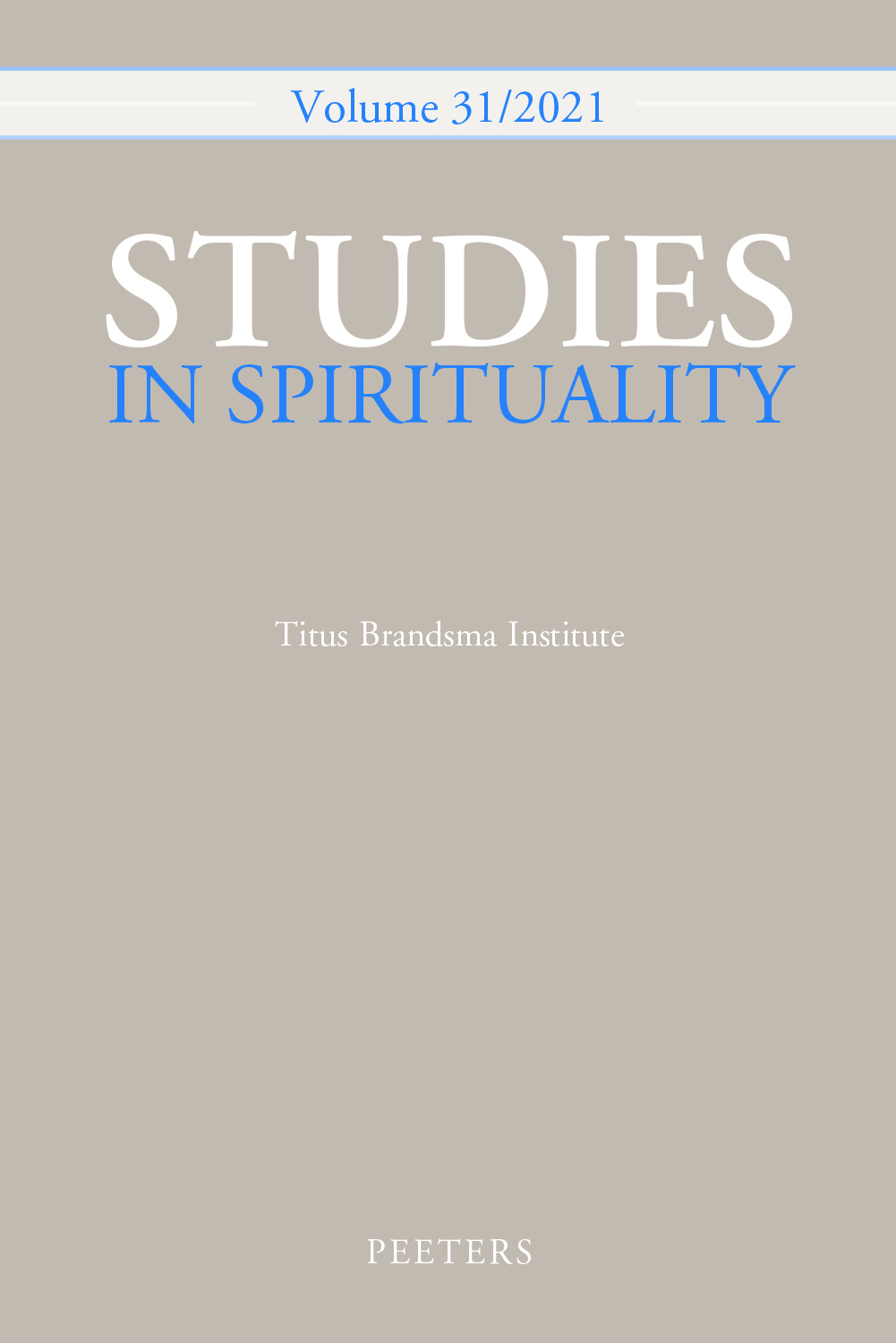 previous article in this issue previous article in this issue | next article in this issue  |

Preview first page |
Document Details : Title: Liturgy as a Spiritual Practice Author(s): SCHILDERMAN, Hans Journal: Studies in Spirituality Volume: 20 Date: 2010 Pages: 271-319 DOI: 10.2143/SIS.20.0.2061152 Abstract : Liturgy, or public worship, represents one of the main spiritual practices that offers a pathway to God. Liturgy is characterized both by a relation between liturgical form (texts and ritual formularies) and its meaning (holy things signified), and a relation between liturgical practices (textual and ritual expressions) and its participants (those that interpret liturgy in the act). This contribution clarifies the structural cohesion of form, meaning, practice and participation from a hermeneutical perspective, as informed by the anthropology of the French philosopher Ricoeur. In this account of liturgy as spiritual practice, five hermeneutical steps will be taken. First, the history of liturgy will be clarified by focussing on some problems of etymology, development and adaptation. This procedure is critically reflected in a second step, that elucidates a liturgical dialectic of text and action. A third step discusses liturgy from an aesthetical and dramatic perspective; a necessary view to understand liturgy as an enacted practice. Fourthly, the moral qualities are clarified that are assumed to link the practice of liturgy to the identity of participants. A fifth step concludes the hermeneutical procedure by indicating the religious significance of liturgy by assessing its call and response structure and ultimate translucency of God. In their coherence, these five steps represent a hermeneutical analysis of the spiritual practice of liturgy. |
|


